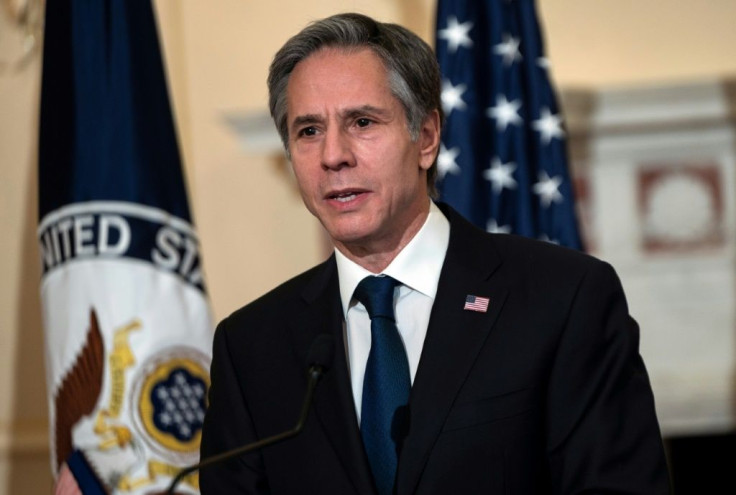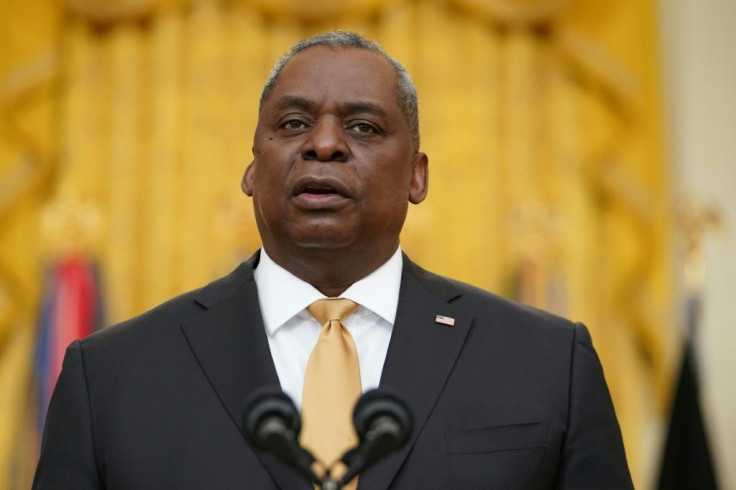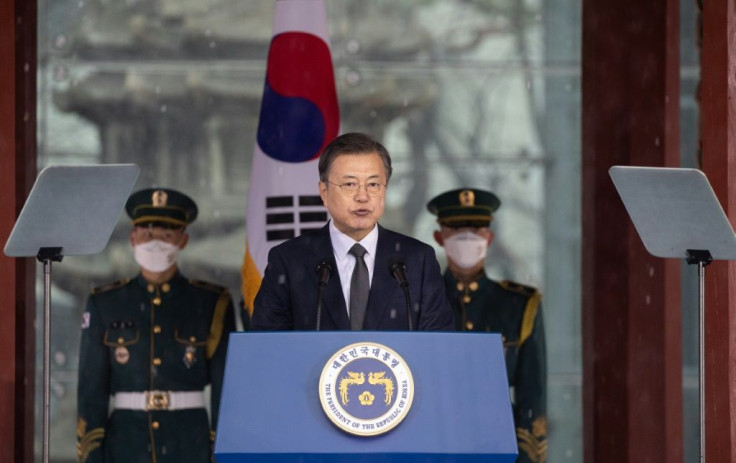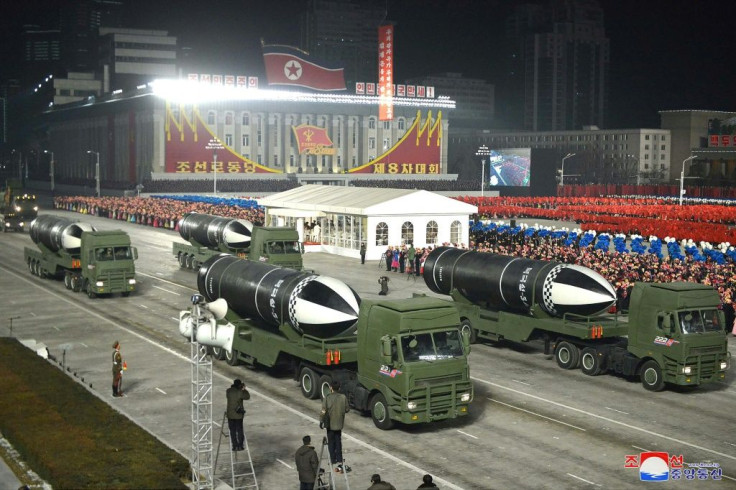Biden Aides To Hold First Talks With China, Press Concerns
US President Joe Biden's top aides will hold their first talks with China next week in Alaska, after Secretary of State Antony Blinken vowed Wednesday to seek "tangible" outcomes from meeting with the nation he has called the greatest threat.
In a sign of Biden's strategy to rally allies as a bulwark to China, Blinken will first travel to Japan and South Korea with Defense Secretary Lloyd Austin, who separately will head onward to India.
Blinken will then join Biden's national security advisor, Jake Sullivan, in Anchorage on March 18 with their Chinese counterparts Wang Yi and Yang Jiechi.

"This is an important opportunity for us to lay out in very frank terms many concerns that we have with Beijing's actions and behavior that are challenging the security, prosperity, the values of the United States and our partners and allies," Blinken told the House Foreign Affairs Committee.
China's foreign ministry said Thursday that the talks are happening "at the invitation of the US".
Blinken said he would also look for areas of cooperation with Beijing but did not necessarily intend follow-up meetings.

"Those engagements, if they are to follow, really have to be based on the proposition that we're seeing tangible progress and tangible outcomes on the issues of concern to us with China," he said.
In a flurry of diplomacy, Biden will also hold a three-way virtual summit Friday with the prime ministers of Australia, India and Japan -- nations deeply suspicious of China's growing influence.
Biden and Blinken have both already spoken by telephone with Chinese leaders, with the president saying he pressed Xi Jinping on human rights, trade and regional assertiveness in an unusually long two-hour call last month.

The Alaska talks will be the first between the Pacific powers since Yang met Blinken's hawkish predecessor Mike Pompeo in June in Hawaii -- a setting similarly far from the high-stakes glare of national capitals.
The Biden administration has generally backed the tougher approach to China initiated by former president Donald Trump, but has also insisted that it can be more effective by shoring up alliances and seeking narrow ways to cooperate on priorities such as climate change.
In a speech last week, Blinken called China "the biggest geopolitical test of the 21st century" as it alone can "seriously challenge the stable and open international system."

The Biden team has been deliberately hesitant to start the hectic travel schedules that traditionally herald a new administration as it tries to set an example by discouraging travel in a bid to fight the Covid-19 pandemic.
Blinken had his first foreign "trip" on February 25 as he met virtually with his counterparts from Mexico and Canada, complete even with a videotaped crossing of a bridge over the Rio Grande.
Biden and Blinken, both known as Europhiles, have also moved quickly to ease tensions with European allies that soured during Trump's turbulent presidency.
The United States and the European Union have declared a ceasefire in a bitter trade dispute over aircraft subsidies, and Biden has sharply reversed course from Trump by backing diplomacy on Iran and climate change.
His climate envoy, former secretary of state John Kerry, is on a visit this week to Europe.
Blinken and Austin will start their trip in Tokyo on Tuesday for joint meetings with their Japanese counterparts.
The top US diplomat, appearing virtually even while in Tokyo, will also address Japanese business leaders and journalists and highlight "the role of a free press in promoting good governance and defending democracy," said State Department spokesman Ned Price.
Biden has pledged a renewed focus on democracy amid what advocates say is a deterioration of media freedom and democratic principles around the world.
In Seoul, Blinken will similarly speak virtually with South Korean youth and journalists and consult on Biden's review of policy toward Pyongyang in the wake of Trump's splashy summits with North Korean leader Kim Jong Un.
The Pentagon said Austin will meet Defense Minister Rajnath Singh and seek a deepening partnership in India, whose relations with China have worsened following a deadly Himalayan clash last year.
India, a fierce opponent of the Taliban, is also a key player as Biden decides whether to go ahead with Trump's agreement with the Islamist insurgents to pull all US troops from Afghanistan by May.
© Copyright AFP 2024. All rights reserved.





















